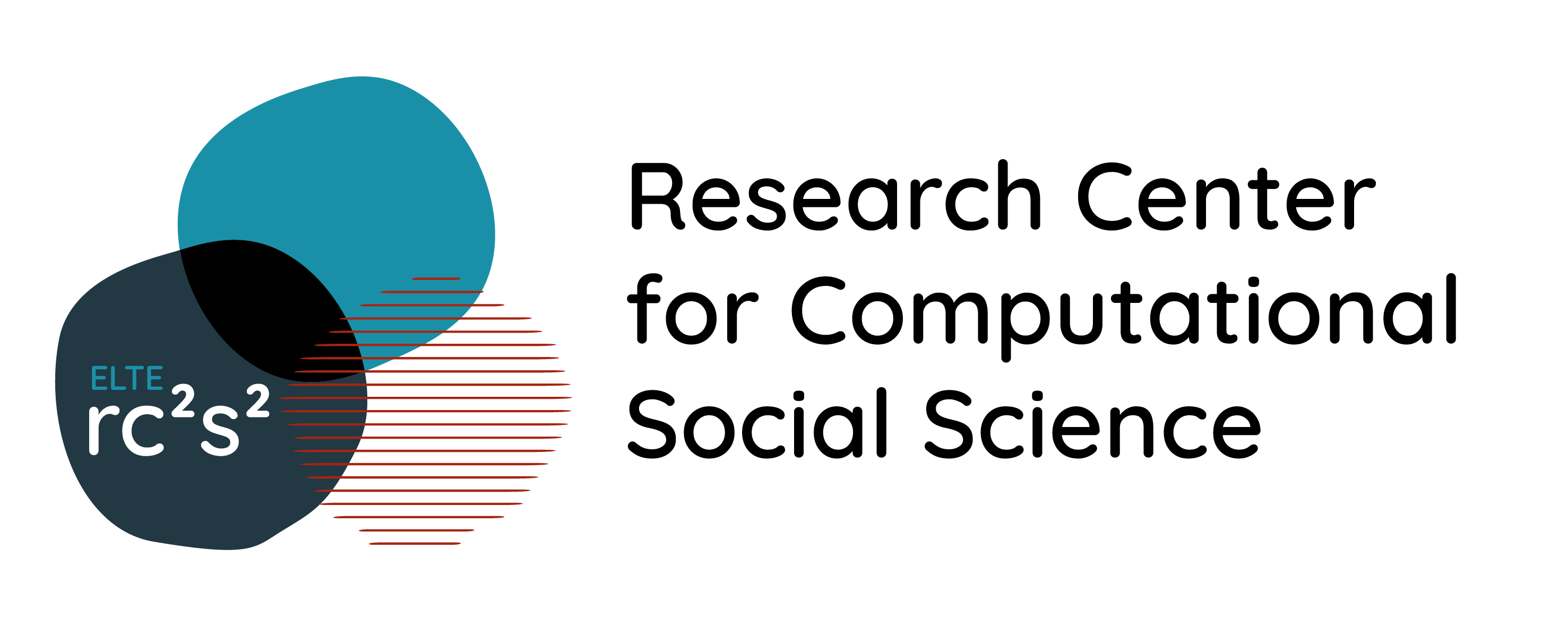The paper centres on Polish Jewish children and youths who fled Nazi persecution in 1939, lived under Soviet rule until 1945 (in Siberia and Central Asia) and, unlike most of the postwar Jewish returnees, chose to remain in Poland after the war.
Depending on the type and makeup of the community in which they settled, former Jewish refugees encountered differing structural conditions and cues that shaped their understanding of their own wartime experiences. What emerges from this interview-based study are the varied ways of working through trauma. They highlight memory pluralism, the mnemonic agency of refugees, and the issue of choice. In the midst of strong social determinants related to the place of residence (in Poland), former refugees have retained and exercised a degree of sovereignty in choosing the memory framework into which to inscribe their traumatic early life experiences. They range from seeing themselves as victims of Soviet repression (like other Poles deported to Siberia), to war veterans, less frequently as victims of the Holocaust, to the even rarer perception of their experience through the prism of refugeeism.
